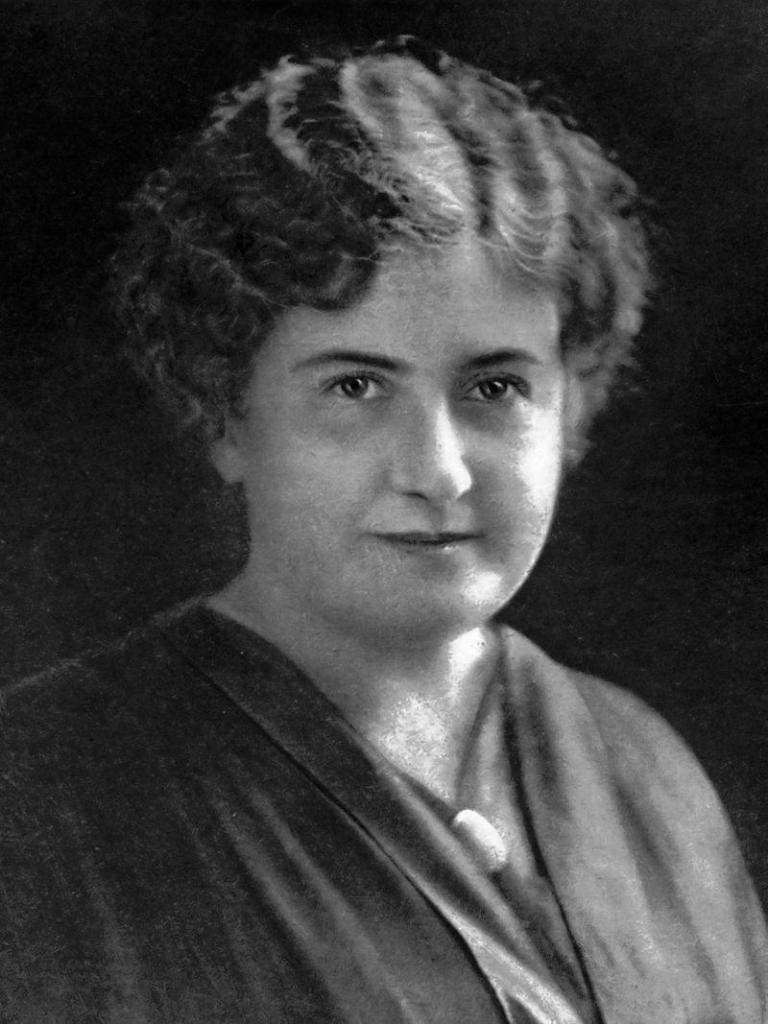School Reforms That Are Persistent And Admired But Marginal (Part 3)

Who am I quoting here? Hint: Quotes come from person born in the 19th century.
If education is always to be conceived along the same antiquated lines of a mere transmission of knowledge, there is little to be hoped from it in the bettering of man’s future. For what is the use of transmitting knowledge if the individual’s total development lags behind?
The ancient superficial idea of the uniform and progressive growth of the human personality has remained unaltered, and the erroneous belief has persisted that it is the duty of the adult to fashion the child according to the pattern required by society.
If you guessed John Dewey, you were wrong. The quotes come from Maria Montessori (1870-1952).
Born in Italy, Montessori became a physician –one of few women to do so at the time. In 1906, she was appointed as head of the Casa Dei Bambini where she developed ideas, materials, and teaching practices for poor children in Rome that have since become known as the Montessori Method.
Beginning in the 1970s, the private sector of Montessori schools slowly CONTINUE READING: School Reforms That Are Persistent And Admired But Marginal (Part 3) | Larry Cuban on School Reform and Classroom Practice


